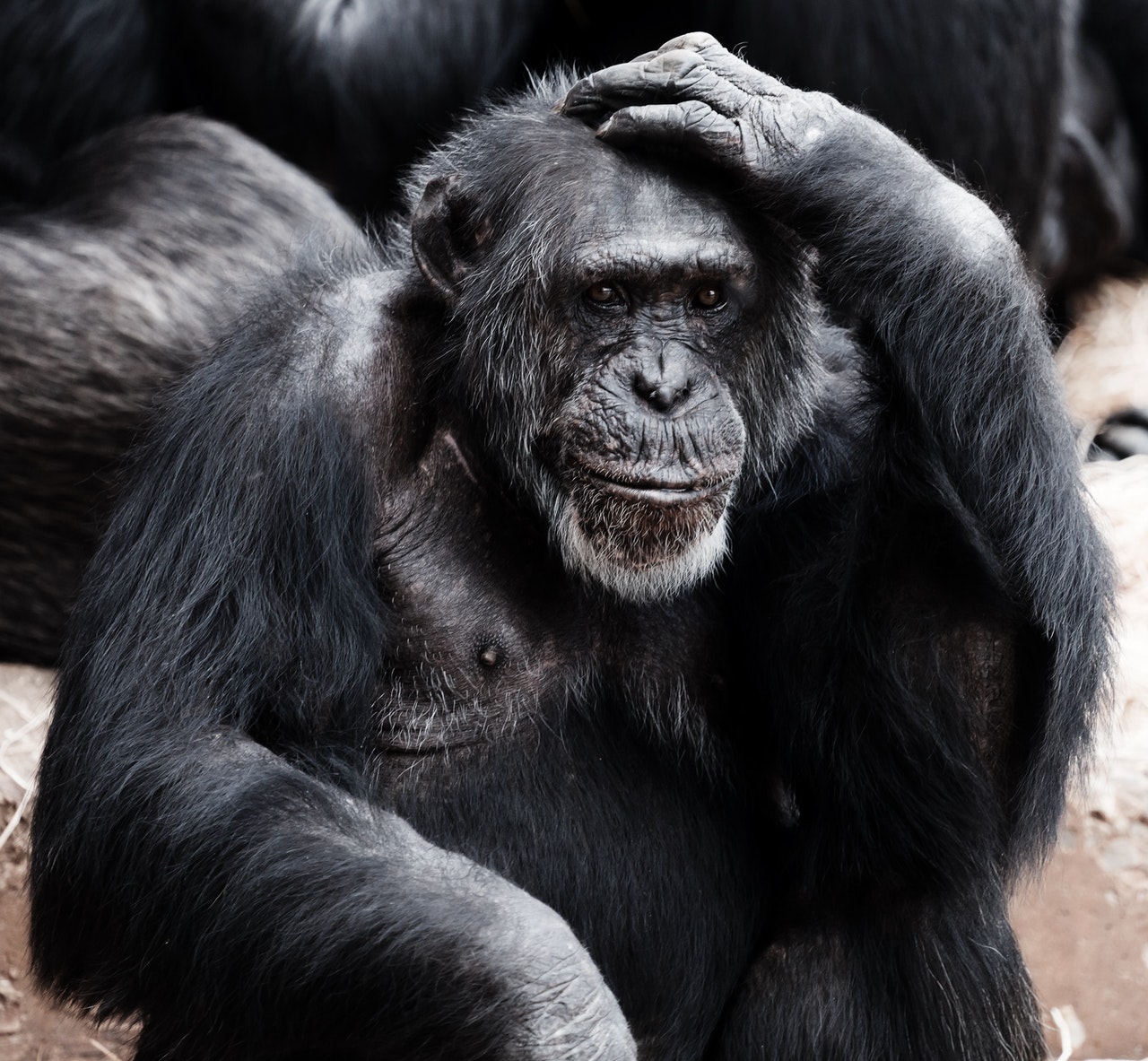If you’ve read our blog religiously, you’ll know that I often write about intellectual property and video games (or, cartoons). Well, its been awhile, and in 2020, levity is required! So, today, we’re talking about the two most famous (fictional) apes of all time – Donkey Kong & King Kong – and the epic intellectual property battle between them.
The year was 1982, and the arcade business was booming. In 1981 alone, arcades were a $5 billion dollar industry in the United States and Universal (“City”) Studios wanted a piece. In an effort to cash in, Universal sought to license the King Kong character (riding the wave of the popular 1975 Dino de Laurentiis movie) to video game makers – most notably, Coleco. But! Nintendo released the wildly popular Donkey Kong Arcade Game in 1981 and many video game makers were already producing titles based on Donkey Kong by the time 1982 rolled around…so, there was a problem. As lawyers say, “fighting solves everything!” and Universal sued Nintendo in 1982 to stop further production of the Donkey Kong game asserting ownership of the “King Kong” trademark and likeness. Additionally, Universal went one step further and contacted Nintendo licensees (the video game makers) and threatened them with litigation if they continued production of the Donkey Kong titles. (Spoiler alert: that was not a smart move – just google “tortious interference with contract.”)
Universal was fighting a losing battle for multiple reasons – some stemming from the history of “King Kong” himself, the actions of Universal leading up to the litigation, and some tried and true trademark & copyright law principles that we’ve discussed on this blog many times. Here they are in more detail:
- The IP rights around “King Kong” are a series of blog posts on their own, but suffice to say that Universal successfully argued that the original King Kong novels\plot were in the “public domain” (i.e. their copyrights had lapsed) and therefore, Universal was free to create a derivative work based on them without infringing on anyone’s intellectual property rights. (In order to make the 1975 movie, Universal made this argument in court and won – check out Universal City Studios, Inc. v. RKO General, Inc.).
- Universal knew of the RKO ruling, and the subsequent chain of title of the King Kong trademark, but alleged wide ranging ownership (wrongfully) in its letters to Nintendo. Additionally, Universal threatened Nintendo licensees with the same allegation of copyright & trademark ownership and threat of litigation – which was not permissible.
- From an IP perspective, the judge in this case also ruled that even if Universal owned the likeness of King Kong (which it did not) it was unlikely that anyone would confuse the image of King Kong and that of Donkey Kong. King Kong was a “ferocious beast” and Donkey Kong was “comical.” The judge said, at best, Donkey Kong was a parody of King Kong – which in some cases is a basis for “fair use” (at least, as to copyright law).
So what does all of this mean?
- Arguments made in the past can come back to haunt you. Indeed, had Universal not made the arguments it did in the RKO case, the outcome of Donkey Kong may have been different.
- In the world of cease and desist letters, there is a lot of smoke and sabre-rattling, but willfully misstating your ownership of a particular piece of property (and threatening third parties with the same flawed logic) is not helpful. (In this case, Nintendo was able to recover higher damages and attorney’s fees due to Universal’s conduct.)
- Sometimes, co-existence of similar IP is permissible (Delta Faucets and Delta Airlines, anyone?)
- Since Donkey Kong was allowed to exist, and its IP rights were not in question…the King Kong games created during the litigation were found to be infringements of the Donkey Kong game…itself.
A final note: Nintendo’s attorney in the Universal case was John Kirby. Doesn’t that name sound oddly familiar? Free Zoom\Teams coffee to whoever figures out why.

